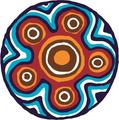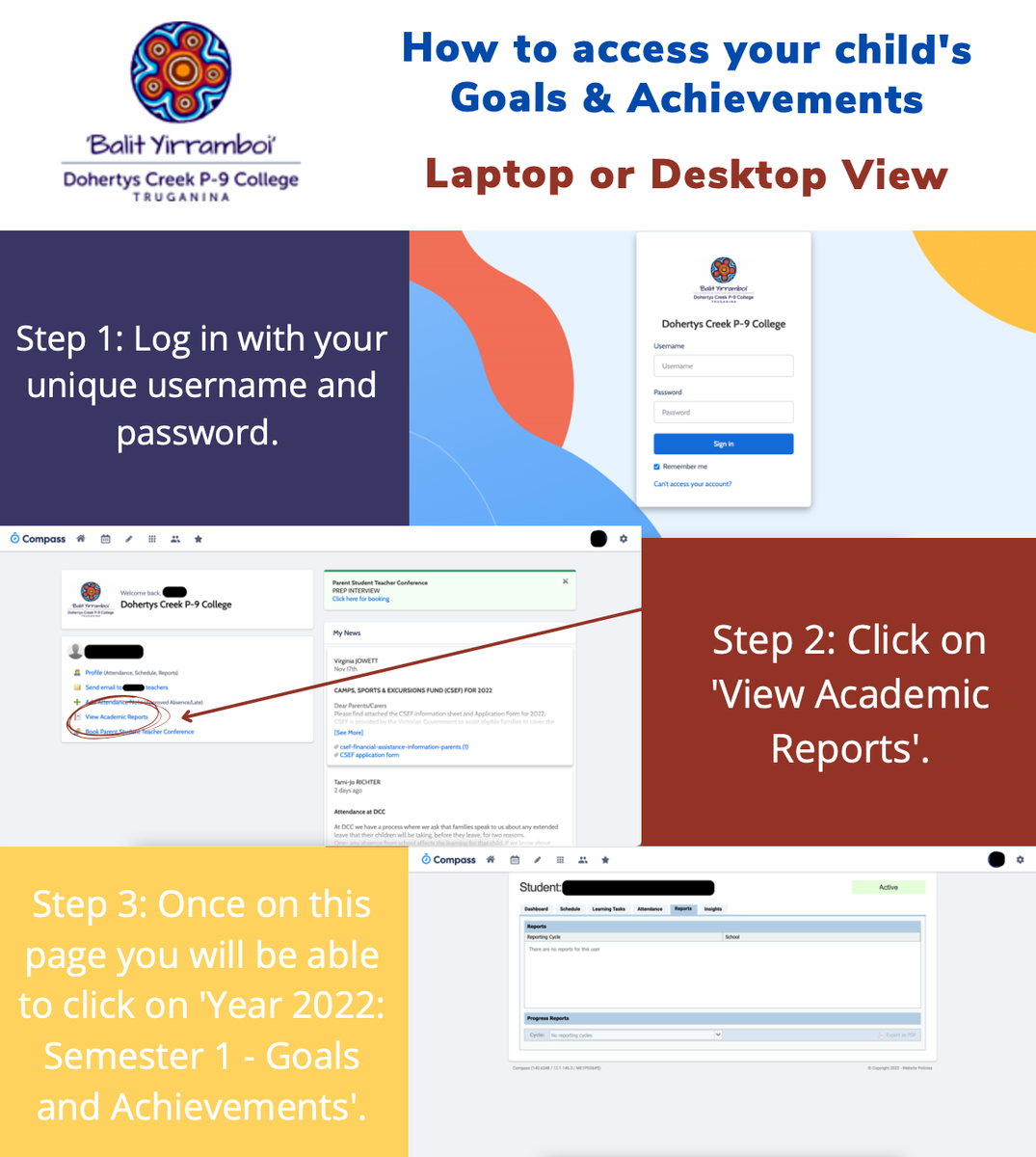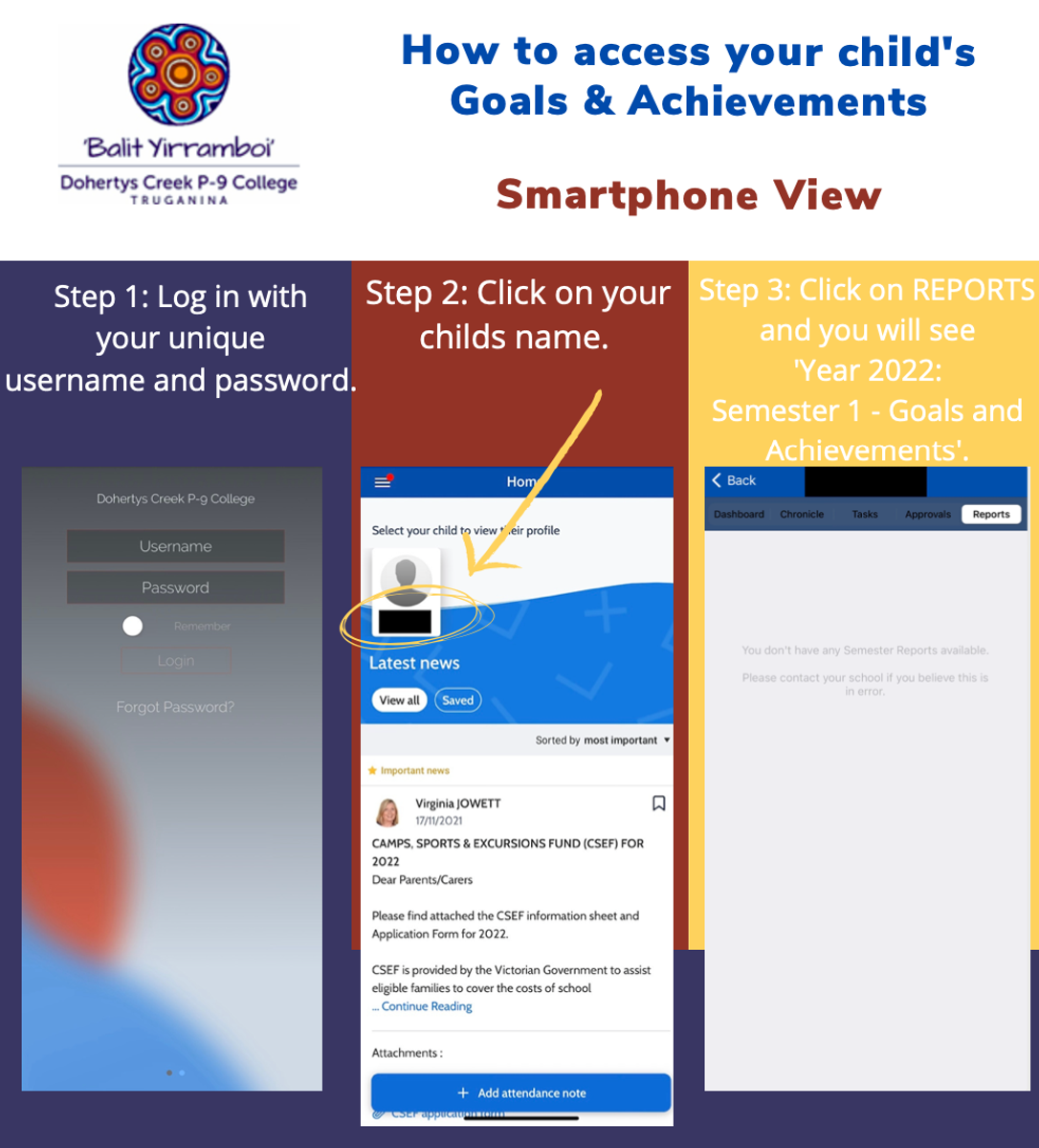Year 2 Term 3 Overviews

Wominjeka Year 2 Families
Term 3 Curriculum
Reading
This term in Reading, Year 2 students will be spending time exploring both nonfiction and fiction texts. Whilst focusing on non fiction texts, students will be focusing on summarising the parts of a text looking at chronological order, connecting ideas in different parts of the text and discovering supporting detail. Students will infer what is happening in the text using supporting evidence. We will teach connections of the big ideas in the texts to the student’s lives. Students will also search for information in a variety of text types.
The students will then be exploring making connections to fiction texts, how the images add to their understanding of the texts, how authors convey a message through a text and comparing and contrasting between fiction texts.
During Term 3, the students will be introduced to the Reciprocal Reading and the roles in which will be involved in this process. The students will explore being the predictor, clarifier, questioner and summariser.
Writing
This term in Writing, Year 2 students will be exploring the 6+1 writing traits through information reports and poetry. Students will explore a range of non-fiction texts including information reports before developing topic ideas and researching the required information to include for their target audiences. Students will further develop their understanding of how non-fiction texts are organised, and experiment with including their own voice. Through the exploration of information reports, students will be continuing to develop well-crafted sentences and continue experimenting with paragraphs and a range of punctuation.
Students will have the opportunity to explore poetry and the features of poems. Including rhyming, repetition and structure. During this writing focus, students will be able to show their creative side and experiment with interesting word choice to enhance their writing.
Mathematics
This term in Maths, Year 2 students will be extending their mapping skills. They will revise how to interpret simple maps of familiar locations and identify the key features within these maps.
They will learn how to ask questions of interest in order to collect data. Students will be taught the skills to collect, check and classify data. They will create displays, such as lists, tables and picture graphs. using the data that they collected.
When learning about time, the Year 2 students will be learning to tell the time to the quarter-hour, using the language of ‘past’ and ‘to’. They will be taught how to identify and describe half and quarter turns, to support them in understanding analogue time. Students will learn the months of the year in order, as well as seasons. They will use calendars to identify dates and determine the number of days in each month.
Year 2 students will be investigating number sequences by increasing and decreasing by twos, threes, fives and tens from any starting point. They will recognise, model, represent and order numbers to at least 1000. They will group, partition and rearrange collections up to 1000 in hundreds, tens and ones to facilitate more efficient counting.
In additive thinking, Year 2 students will explore the connection between addition and subtraction, and solve simple addition and subtraction problems using a range of efficient mental and written strategies. They will describe patterns with numbers and identify missing elements.
Every week, the students will continue to engage in lessons focusing on our Big Idea in Maths, which is Place Value. The students will practise a range of strategies and apply them by playing Number Sense games, which we have been learning and building upon across the year.
Unit of Inquiry
This term in Unit of Inquiry, Year 2 students will be focusing on the topic ‘how the world works’. Students will explore changes that occur in different time frames and are caused by different factors.
Students will inquire into the long-term and short-term changes they may see within physical and chemical experiments. Doing so, the students will learn about changes of state of matter (solids, liquids and gases) through the exploration of hands-on experiences and experiments.
Social an Emotional Learning (SEL)
This term in SEL, Year 2 students will be exploring the importance of respecting others' differences and how to celebrate these differences and individual identity.
Students will learn about inclusivity and how to be inclusive to their peers and those around them. They will learn about gender and gender norms through exploring gender stereotypes that they may have. They will continue to learn how to make positive relationships and connections with their peers, through respecting differences and showing compassion.
Home Learning
Suggestions below of what can you do to support your child at home
Access your child’s Learning Goals
Just a reminder, your child’s individual Learning Goals are listed on Compass.. There is a Reading, Writing, Maths and a disposition goal for your child.
Please read your child’s goals and work together to support your child by using the suggested strategies to help at home. Learning Goals are changed every five weeks (twice a term), and you will also be informed of your child’s achievement of these goals via Compass.. These goals are created using ongoing data and are targeted to your child’s next steps for learning and they support your child’s academic growth at the end of the year
Daily Home Reading: Please encourage your child to read nightly, this reading can be recorded in their yellow reading journal. Texts include take home books, levelled Wushka books, Local library books, DCC library books that are changed weekly and books from home. Your child is working towards their reading goal and is rewarded with various exciting certificates ranging from 25 to 200 and beyond nights.
Learning Apps:
Wushka: https://wushka.com.au/
This app can be used to ‘read for pleasure’ everyday. Your child can choose books to read and answer the quiz questions at the end.
IXL: https://ixl.com.au
This app can be used to develop your child’s maths and reading skills, through games and activities, such as numeracy, measurement, statistics, phonics and comprehension skills. Your child can choose a game or an activity to complete every day.
We will place some additional resources to support your child’s home learning on seesaw. Please come and speak to your child’s teacher if you have any questions or concerns. After school is best for a quick chat, otherwise use Compass to send your child’s teacher an email to arrange an appointment time.


